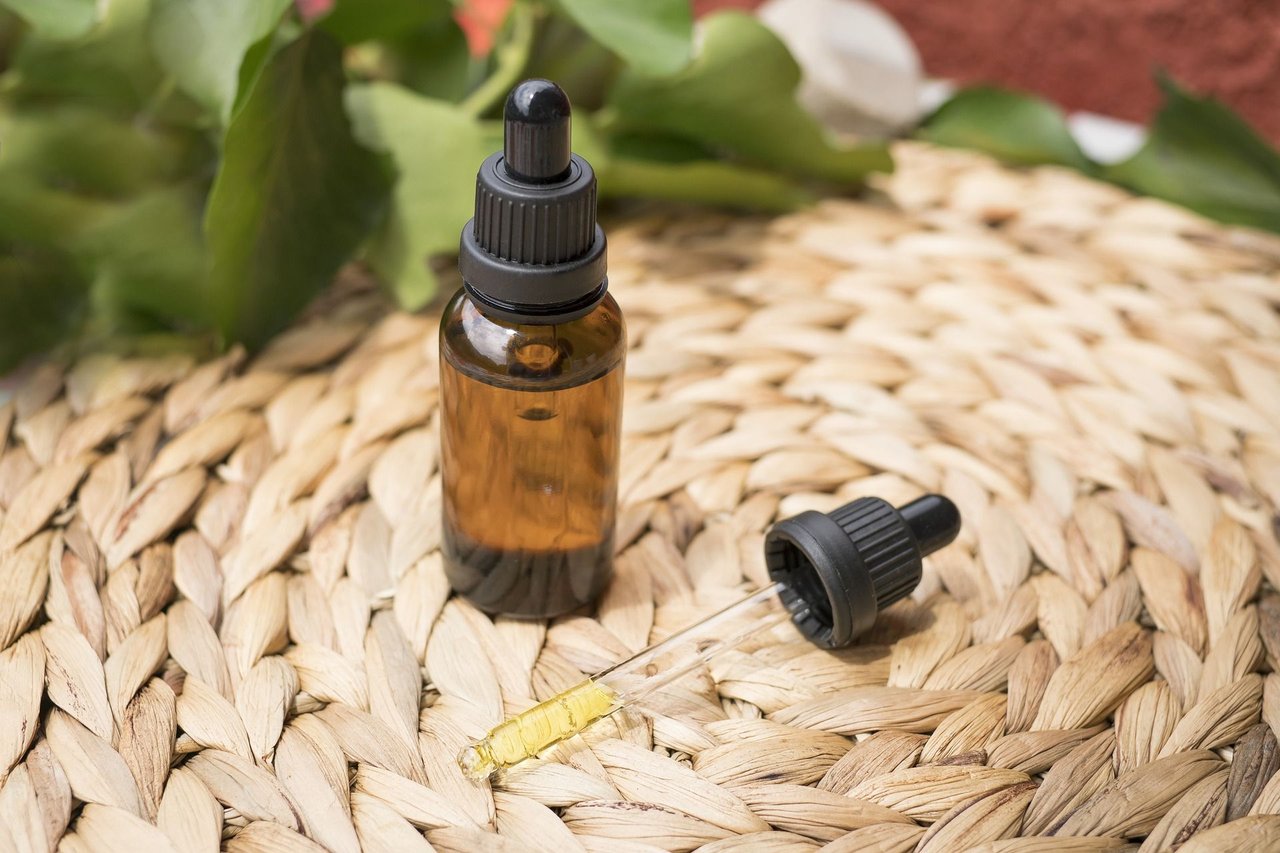Soy - my phytotherapeutic experience
3 comments
Good morning everyone, today I would like to share with you my personal experience in using soy as a phytotherapeutic remedy.

Description: annual herbaceous plant.
Minimum cultivation temperature: 5 °C.
Balsamic period: October.
Toxicity: low, may cause allergies. Do not take Glycine max supplements during pregnancy and breastfeeding, always consult a doctor before taking phytotherapeutic preparations based on this plant.
Beneficial properties: phytoestrogenic, hepatoprotective and hypocholesterolemic.
Confirmed activities: food (seeds).
Active ingredients: lecithin and isoflavones.
PREPARATIONS
Oil: obtained from the seeds, for its beneficial functions.
NOTES
Soy and its derivatives are among the foods richest in phytoestrogens. This data is the basis of the pseudoscientific belief that soy consumption in males would reduce testosterone levels, muscle mass and cause gynecomastia. However, most phytoestrogens naturally present in foods act by modulating the action of estrogen receptors, and not as direct agonists. For this reason, it has been proven that normal consumption of soy foods in men has no negative consequences.
Buongiorno a tutti, oggi vorrei condividere con voi la mia esperienza personale nell'utilizzo della soia come rimedio fitoterapico.

Foto di Erin Stone da Pixabay
Descrizione: erbacea annuale.
Temperatura minima di coltivazione: 5 °C.
Periodo balsamico: ottobre.
Tossicità: bassa, può provocare allergie. Non assumere integratori di Glycine max in gravidanza e allattamento, consultare sempre un medico prima di assumere preparati fitoterapici a base di questa pianta.
Proprietà benefiche: fitoestrogenico, epatoprotettore e ipocolesterolemizzante.
Attività confermate: alimento (semi).
Principi attivi: lecitina e isoflavoni.
PREPARAZIONI
Olio: ottenuto dai semi, per le funzioni benefiche.
NOTE
La soia e i suoi derivati sono tra i cibi più ricchi in fitoestrogeni. Questo dato è alla base della convinzione pseudoscientifica per cui il consumo di soia nei maschi ridurrebbe i livelli di testosterone, la massa muscolare e causerebbe ginecomastia. La maggior parte dei fitoestrogeni naturalmente presenti nei cibi agisce, però, modulando l‘azione dei recettori per gli estrogeni, e non come agonista diretto. Per questo motivo, è stato provato che il normale consumo di cibi a base di soia nei maschi non abbia conseguenze negative.
Sources - Fonti :



Comments